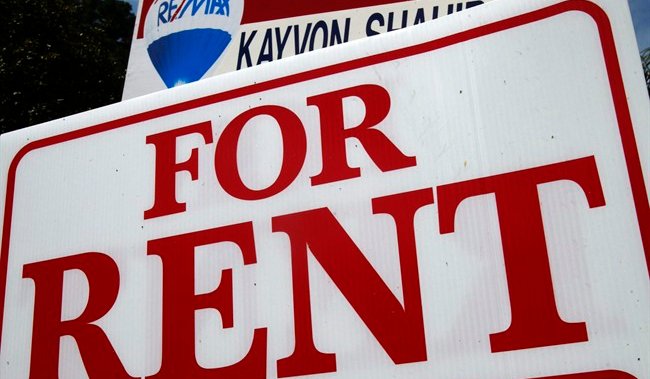Ryan Simmons has lived in West Broadway for over a decade. After a new owner bought the building he lives in, they replaced light fixtures, resurfaced the parking lot, and hiked his rent.
“It was about 18 per cent, and they basically increased the rent for all the units by the same dollar amount,” says Simmons. “So people that live on their own in a bachelor, it was a big increase for them but a much smaller increase for people in multi-person units.”
While Simmons was appealing that increase with the Residential Tenancies Branch, he got hit with another increase — this time, 43 per cent. The rent for his bachelor apartment went from $556 to $951 a month.
This is an above-guideline increase (AGI), a rent hike well above the provincial maximum. Normally, landlords can only raise rent by a small percentage based on inflation (for 2025, the rate is 1.7 per cent). But advocates say landlords can easily get approved for these exceptions, while the current legislation discourages tenants from appealing them.
Amanda Emms from the Manitoba Research Alliance co-authored From Repairs to Rent Hikes: Tenant Perspectives on Above-Guideline Rent Increases in West Broadway for the Canadian Centre for Policy Alternatives. She says the current system is very much stacked in favour of landlords.

Get daily National news
Get the day’s top news, political, economic, and current affairs headlines, delivered to your inbox once a day.
“If they have all their receipts and their ducks in a row, the RTB can give that checkmark and approve it,” says Emms. “They’re not looking into those renovations, the quality, the necessity.”
Yutaka Dirks from The Right to Housing Coalition says landlords can do repairs that may or may not be necessary as a justification to raise the rent and increase their long-term profit margins. The group has launched a campaign asking the province to end these increases and amend the Residential Tenancies Act to better protect renters.
“We want to make sure that no increase is more than 9 per cent, but also that that increase can’t be more than 3 per cent per year. Because really, AGIs make it impossible. To have this huge jump in one year that tenants are unable to afford,” says Dirks.
The government introduced a bill last year to limit AGIs, but it didn’t make it through the house. It’s now in the hands of Mintu Sandhu, minister of public service delivery.
“We are reviewing the [Residential Tenancies] Act, and my department is engaged in this, and we are also asking Manitobans for input into this as well,” says Sandhu.
© 2025 Global News, a division of Corus Entertainment Inc.

